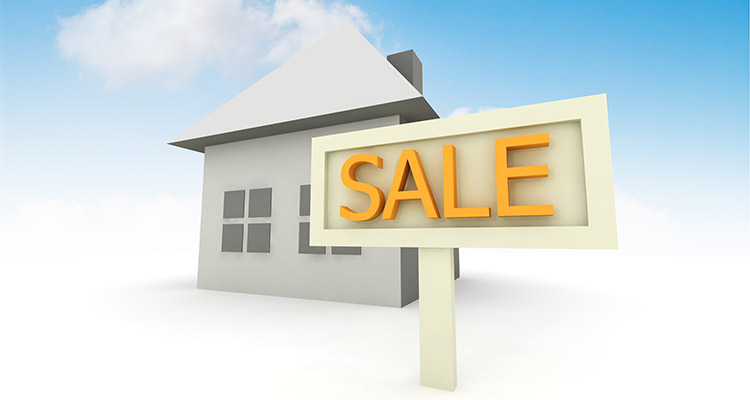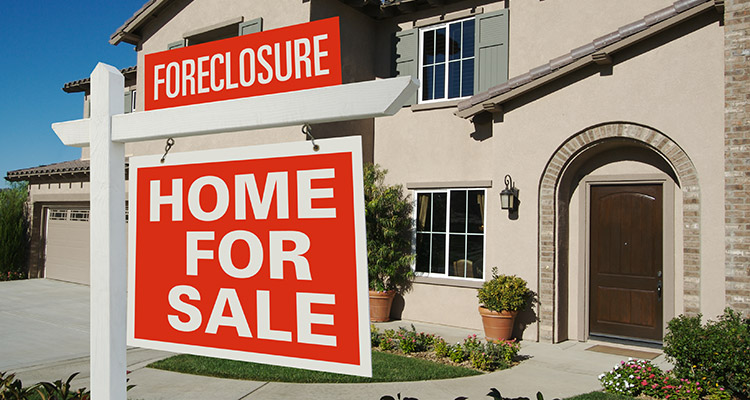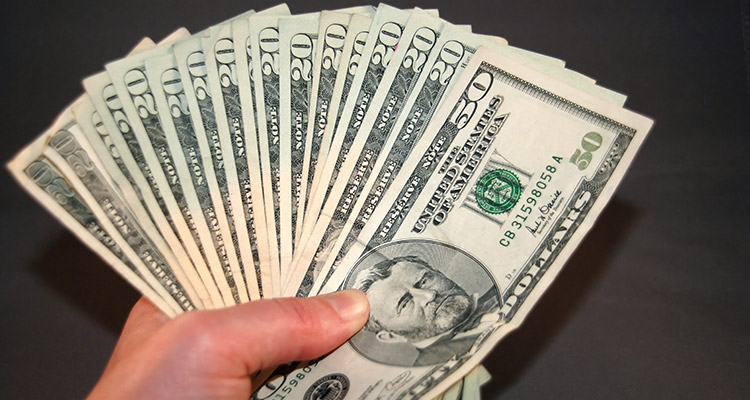Updated 11:34 PM PST, Wed July 23, 2014

Buying vs Renting A Home
At some time within their lives, virtually everyone must decide about whether to lease or purchase a property. What a lot of people don't understand is how swift rent costs are increasing or dropping and that which choice you should consider depends on your income, lease lengths, etc... Additionally there are significant pros and negatives that should be contemplated before making a final judgment.
Renting
More Versatility: You'll be able to relocate readily. It Is faster and simpler to interrupt a rental lease, if want be, than to market a property.
More Liquidity: Renters don't need to make a deposit, pay upkeep and close prices or offer with actual estate taxes. This frees up cash to invest elsewhere, including the market, which have historic yearly yields of about 8%.
Fewer Monetary Surprises: These unforeseen surprises will not change your bottom line.
Minuses
No Equity: It Is maybe not a poor investment. The truth is, it is no investing in any way.
Rent Raises: Don't have any control over how significantly your lease rises annually, unless you are in a rent-restricted flat. Your landlord can increase your rent just as much as she needs. You'll have to proceed, if you do not enjoy it. Because you are seen by your landlord as an uncertain renter and if your credit rating is reduced, you will spend higher rents.
Less Liberty: Landlords might not permit pets. They might not permit one to paint the partitions. They might need one to weed the backyard, trim the bushes or do some other occupation that you just do not need to do.
Pros of Purchasing
Tax Benefits: Among the greatest gains of homeownership is that you just really get to deduct land taxes and mortgage interest, reducing your taxable earnings.
Capital Gains: Married people can make just as much as $500,000 taxfree when a home at an obtain. attempting to sell
Psychological Satisfaction: Householders are inclined to develop a powerful connection for their residences. They become unique spots with marvelous memories.
Minuses
High Prices: Renters do not have to worry about mortgage insurance, principal, upkeep prices, land taxes and, in some situations.
Less Versatility: If you ever want to relocate, you’ll have to resell or lease out the house, which also comes with its own responsibility.
Decreasing Worth: The worth of your home can fall, if the home marketplace is in the tank and it is possible to owe over the house could be worth.
Bigger Time Investment: There are positives and negatives to each of these, as you can see, and possibly you are still vexed about do the following. Here are a few investigations which may clear up the problem for you:
The Lease Ratio Investigation
When it charges less to purchase than to let the greatest time purchase a home and to quit renting is.
Here is when that's how you can find out: Locate two similar residences - one for hire and one for sale - and split the selling price by the yearly rent. By way of example, take a property with a price tag of $200,000 and split it by a flat with a yearly rent of $12,000. That amount is what economists phone the lease ratio.
During 90s, eighties and the seventies, the national rent ratio mainly remained between 14 and 10. When the home marketplace topped out yet, it increased to virtually 19 in 2006.
Economists say that the rent ratio of 18 or more typically means that after you factor in other disbursement, taxation, policy contract, mending and the mortgage than to lease it costs substantially more to possess. Ideally, you can purchase a house when the lease ratio is closer to 10 than to 20 rather than renting.
New York Occasions Investigation
New York Times ran an investigation predicated on six years of disbursement for householders and renters. The investigation contained a selection to reunite the renter's $1,100 safety deposit but subtract $7,424 in dropped "opportunity charges," somewhat not being competent to write-off interest charges and gain from the residence's growth in equity and worth. Householders paid down payment of tax breaks were and $6,880 in close prices and all other prices and $34,400 factored in. The residence was offered six years afterwards.
The judgment: Purchasing makes more sense than leasing, if you remain in your home for six years. Possessing will price you $10,460 less than leasing over a six-yr span.
In Government National Mortgage Association's investigation, the renter starts paying $800 monthly, with yearly increases of 5%. The householder monthly mortgage of $1,000. a purchases a home for $110,000 and pays with the tax economies that householders love, the householder's overall prices are less compared to the rental payment after just 36 months.
Figuring out whether to lease or purchase is a significant selection, and it requires a lot of assignments to reach a sensible judgement. What Is greatest for you may not be most useful for your nextdoor neighbor. Yet, with mortgage rates at historical lows, it’s a good time to consider dropping your landlord.


